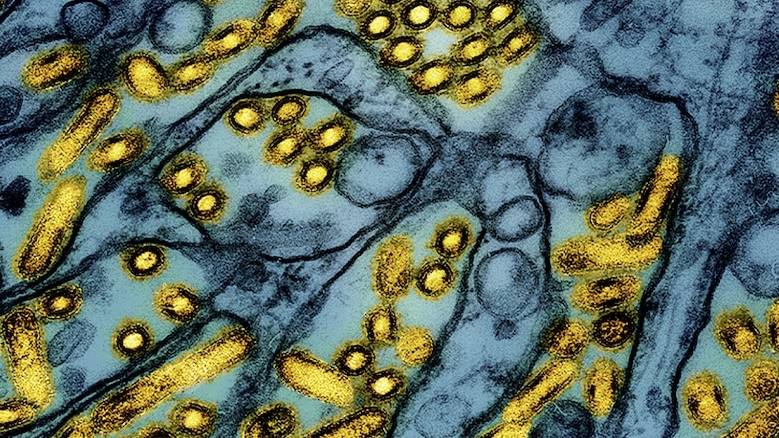B.C. Teen with Avian Flu Discharged After Weeks in Hospital
Subhadarshi Tripathy
1/10/20252 min read


B.C. Children's Hospital has announced that a 13-year-old girl, the first human case of H5N1 avian flu in Canada, was discharged on Tuesday after spending weeks in the hospital with severe respiratory failure and pneumonia.
The teenager, who was admitted to the pediatric intensive care unit on Nov. 8, underwent tracheal intubation and required supplemental oxygen before her recovery. Her family expressed gratitude in a statement, calling the experience “life-changing.”
“We are so relieved to have her home,” the family said.
Investigations into H5N1 Cases
While the source of the teen's infection remains unknown, the B.C. Centre for Disease Control (BCCDC) is comparing her case to a similar H5N1 case in Louisiana, where a patient recently died after hospitalization.
Dr. Agatha Jassem, co-program head of the virology lab at the BCCDC, said the comparison aims to understand how closely related the two cases are to each other and to viruses circulating in wild birds and poultry.
"This will help us assess how easily the virus adapts and transmits between animals and humans," said Dr. Jassem.
The U.S. patient’s virus shared one of three genetic mutations identified in the Canadian teen’s case. Experts say these mutations could potentially make the virus more transmissible between humans, though no evidence of human-to-human transmission has been reported in either case.
Genetic Studies Underway
Researchers at the BCCDC Public Health Laboratory are testing viral samples collected over time to study how mutations may affect the replication of the virus in human airways.
The study is part of a broader effort to monitor avian flu's adaptation to humans and prevent possible outbreaks.
Context and Public Health Concerns
Both cases have been linked to viruses detected in wild birds and poultry, highlighting the ongoing risk of avian flu in humans. Health officials in Canada and the U.S. are closely monitoring for potential mutations that could lead to easier transmission between people.
Dr. Jassem emphasized that while human-to-human transmission has not been observed, vigilance is key.
"Understanding these mutations and their implications is critical for pandemic preparedness," she said.
The B.C. teen’s recovery marks a significant milestone, but the case underscores the importance of continued surveillance and research into avian flu’s evolving risks.
News
Stay updated with the latest BC news stories, subscribe to our newsletter today.
SUBSCRIBE
© 2025 Innovatory Labs Inc.. All rights reserved.
LINKS
